Online Lecture Series: New Perspectives on the Old World
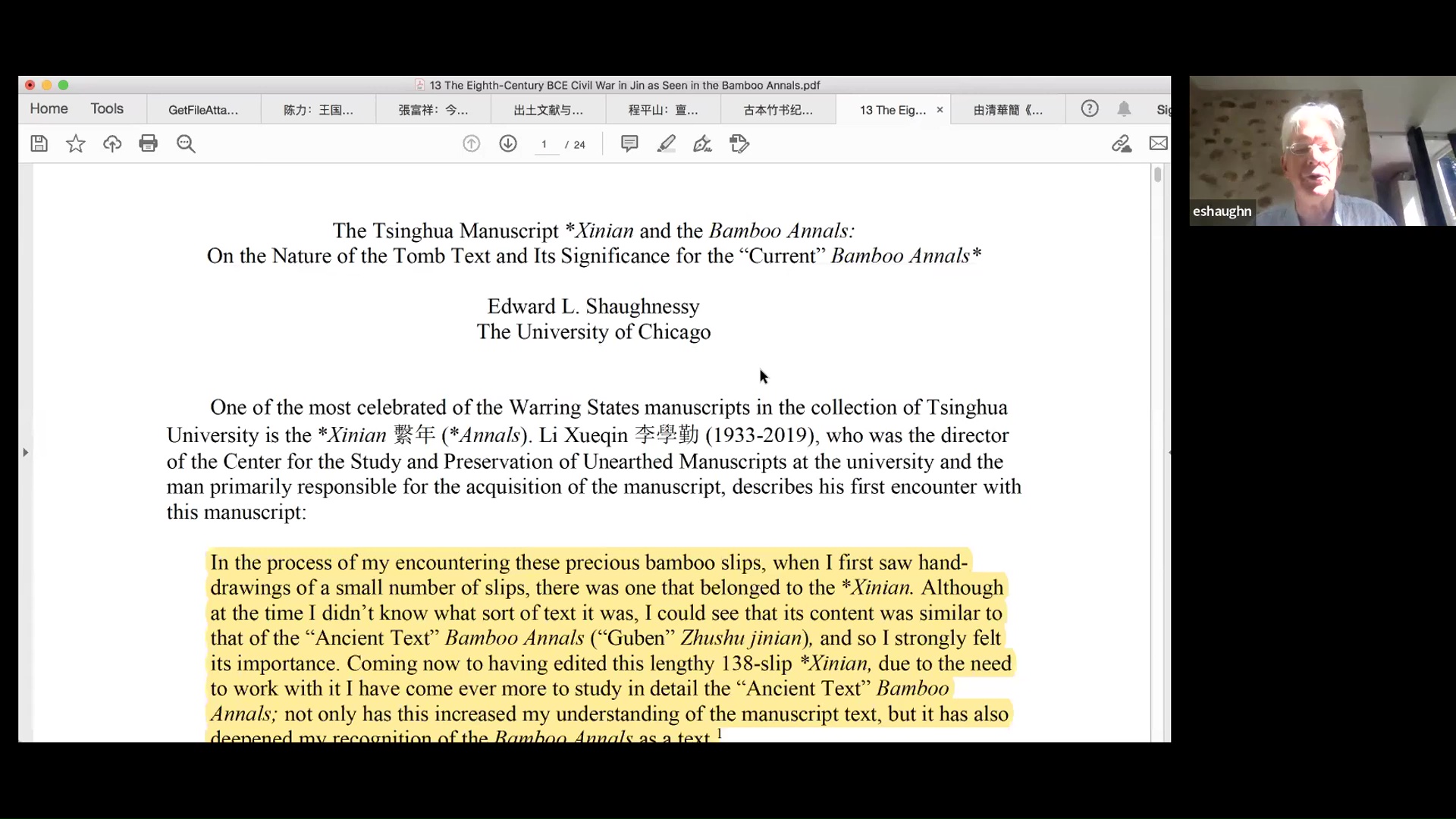
The Tsinghua *Xinian and the Tomb-Text Zhushu jinian
2022 | 87 mins
Tangut music: Secular and temple orchestras in Tangut-Chinese glossary of XIIth century Pearl in the Palm
2022 | 75 mins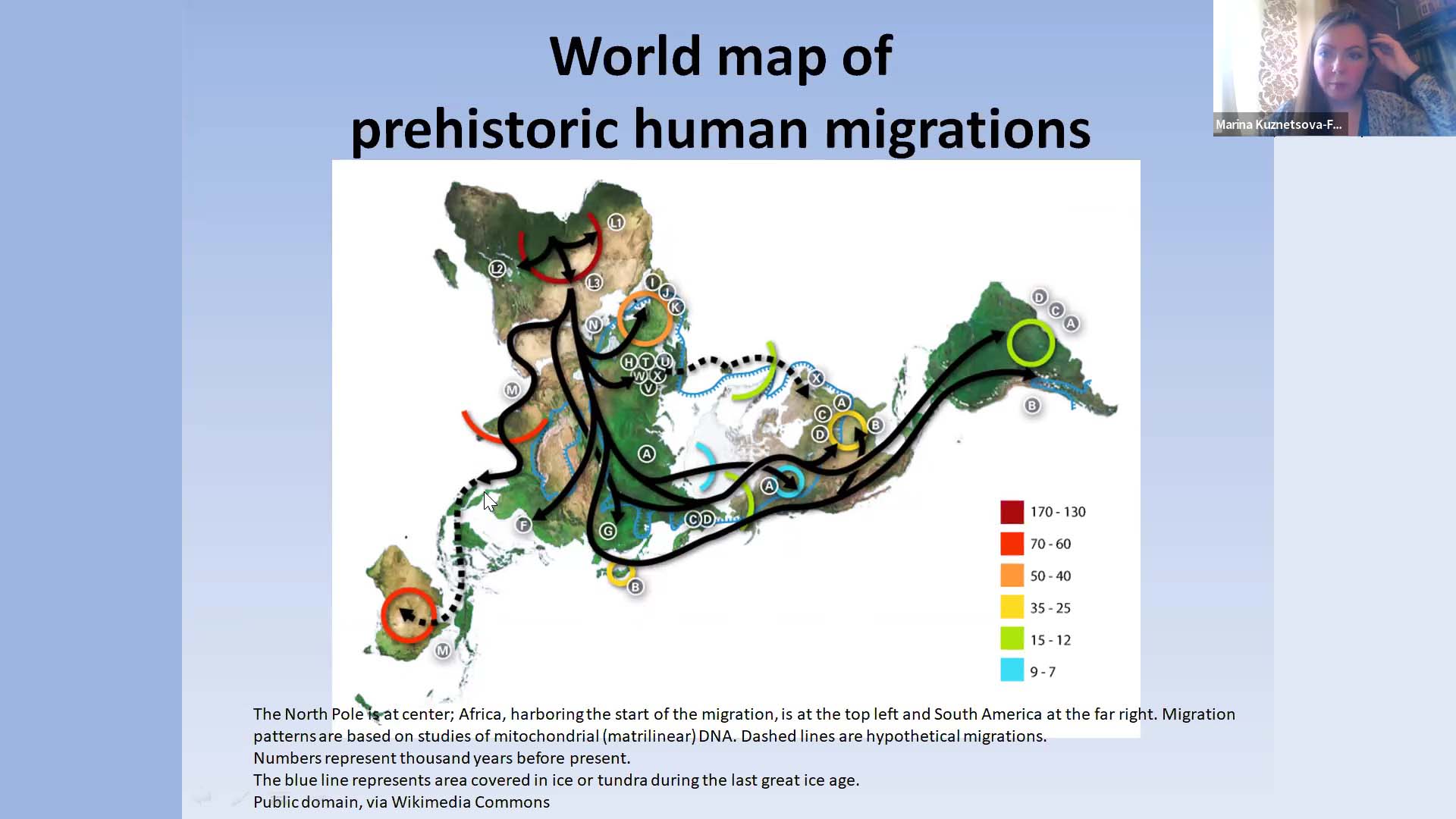
Early exchange networks in Bronze Age Eurasia: Communication between archaeological cultures in Siberia and China during the II millennium BC
2022 | 98 mins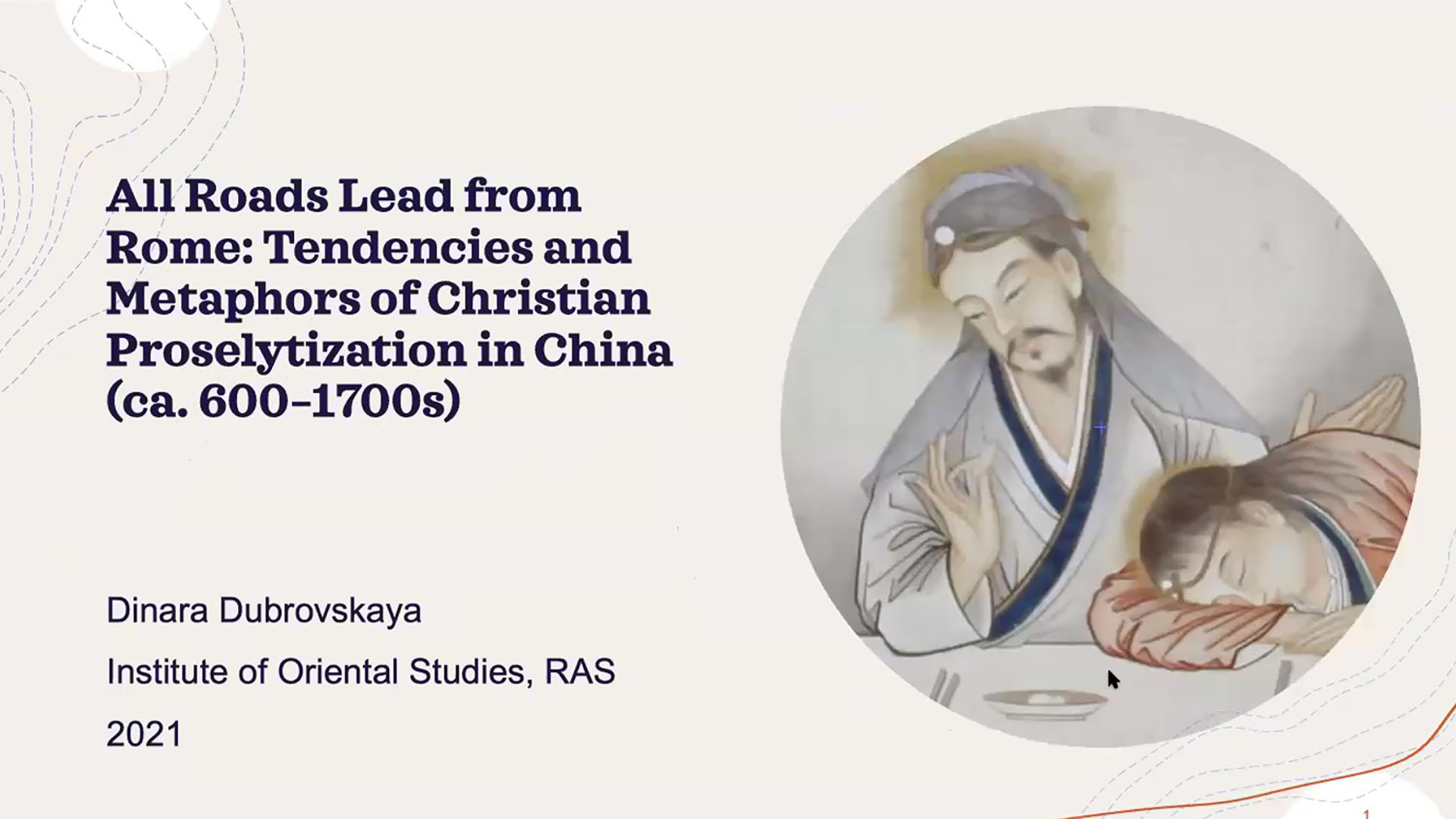
All roads lead from Rome: Tendencies and metaphors of Christian proselytization in China (ca. 600–1700s)
2021 | 58 mins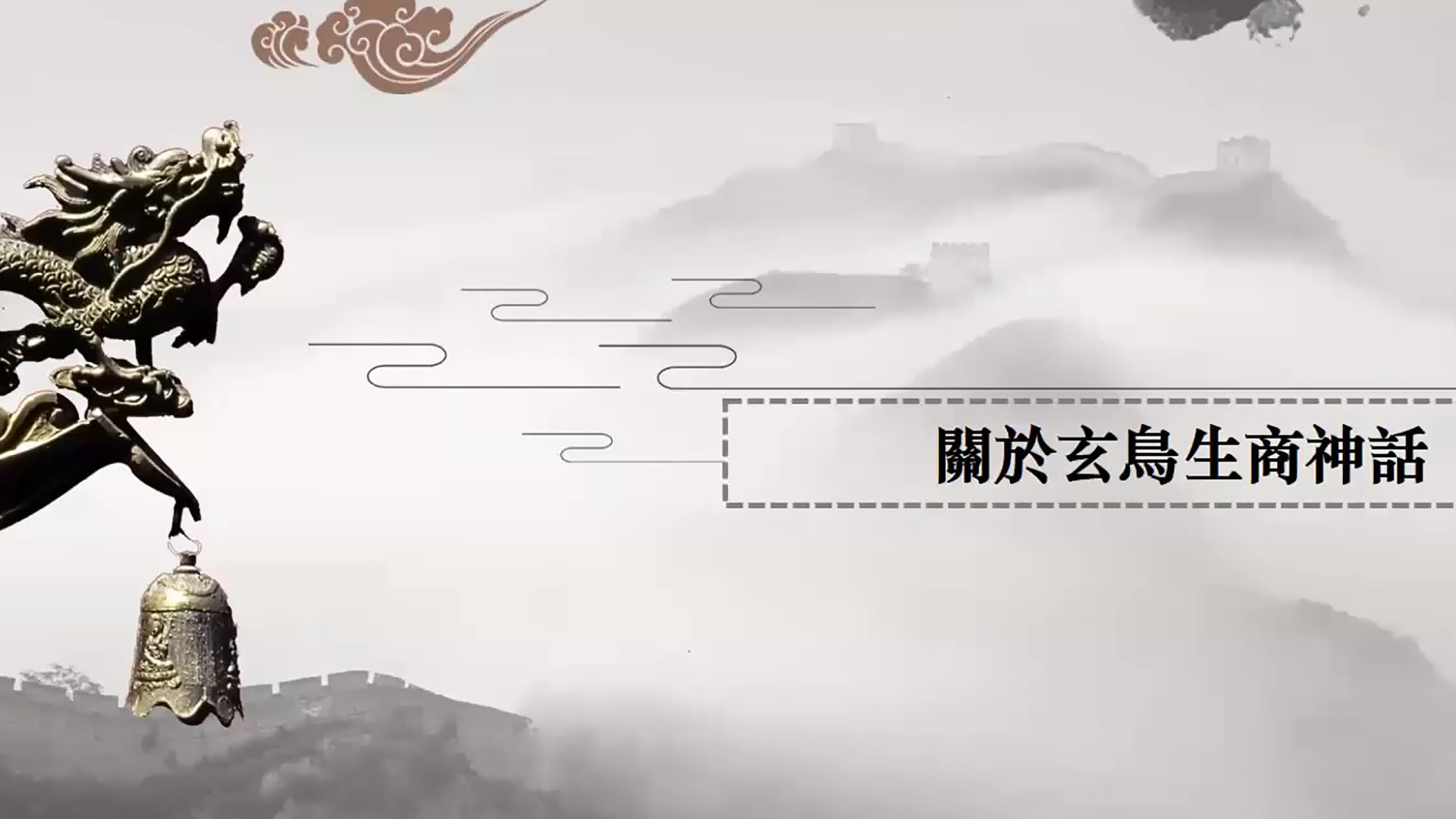
殷人鸟崇拜与图腾理论研究
2021 | 85 mins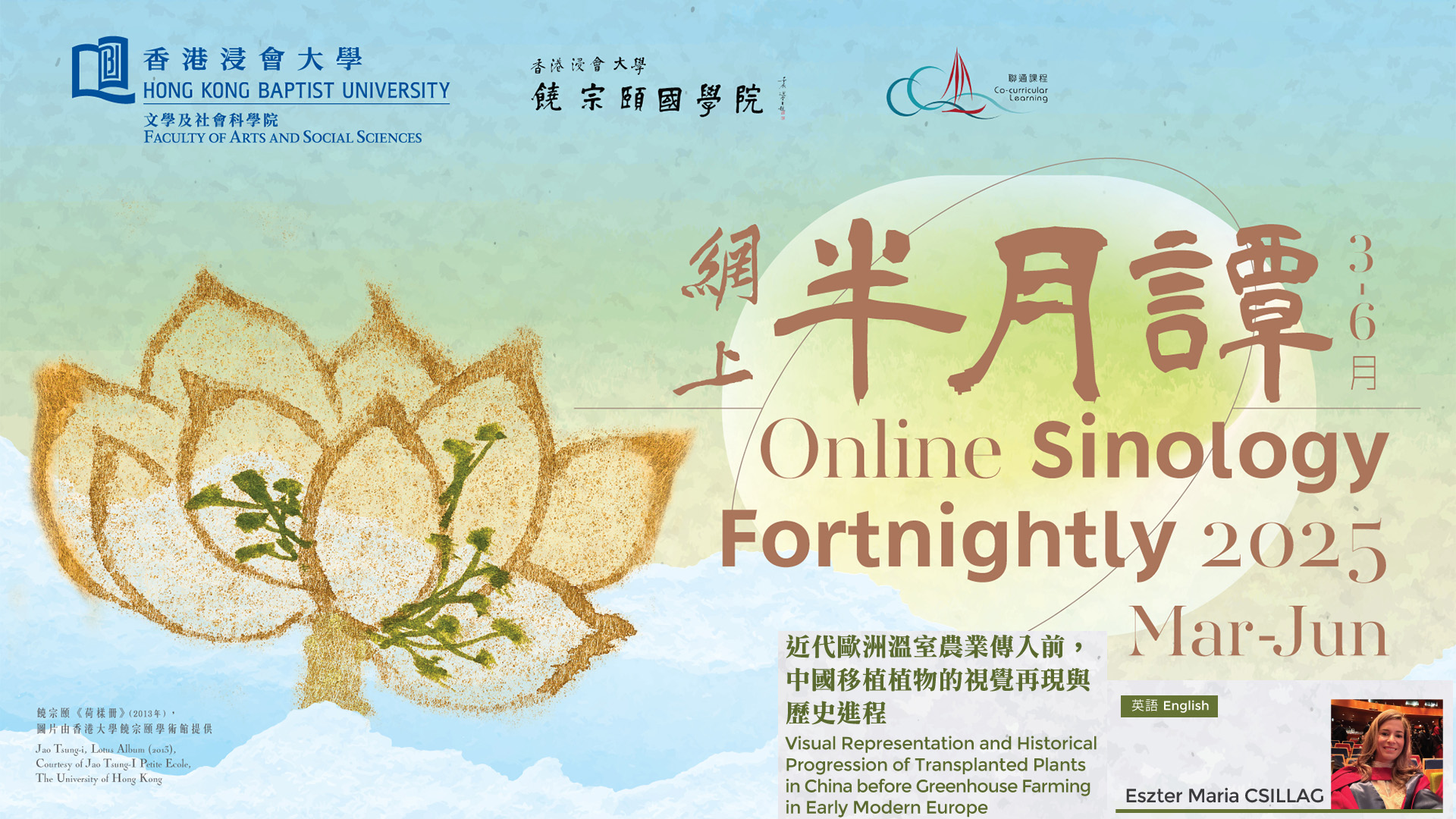
Visual Representation and Historical Progression of Transplanted Plants in China before Greenhouse Farming in Early Modern Europe
2025 | 61 mins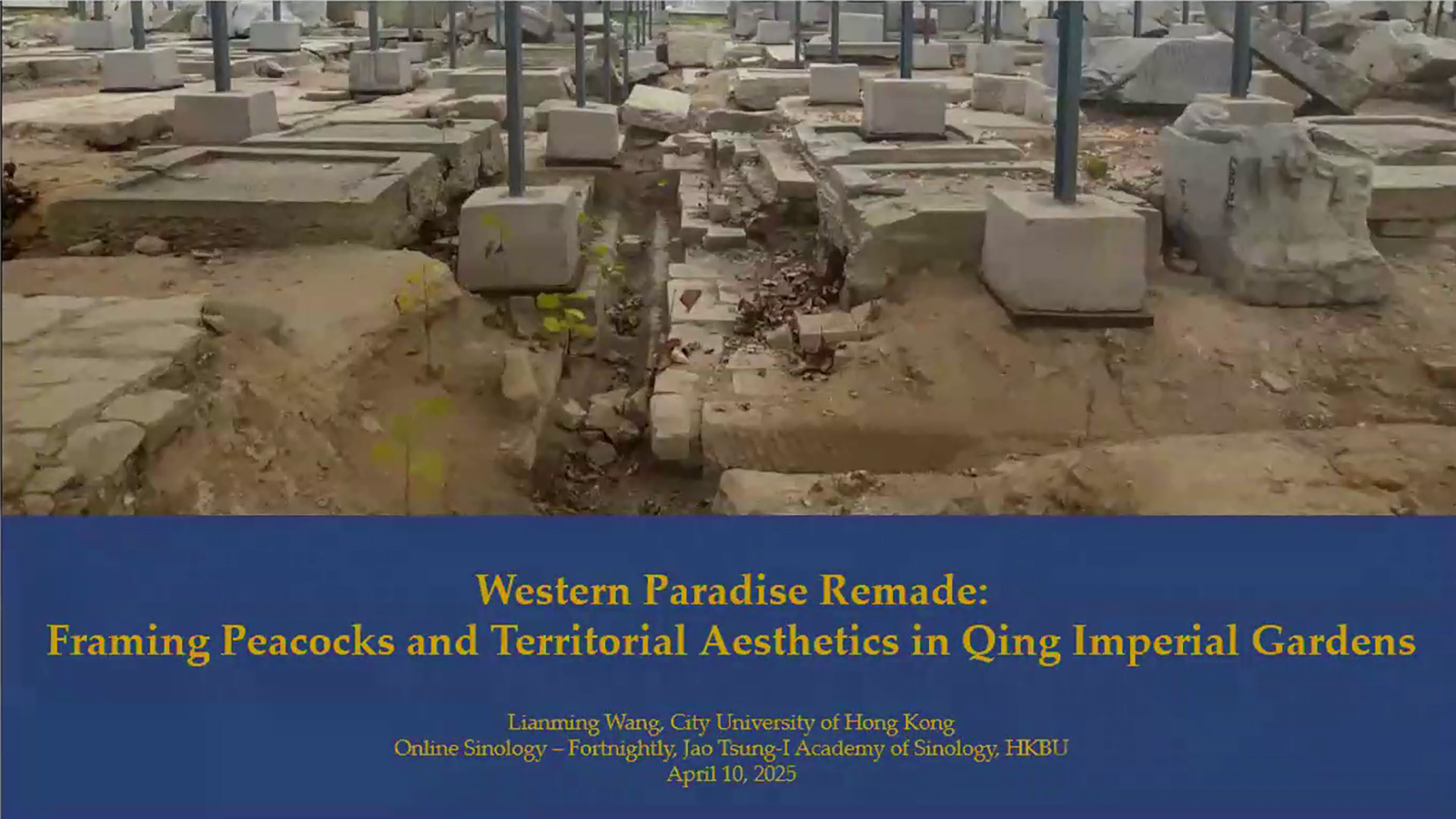
Western Paradise Remade: Framing Peacocks and Territorial Aesthetics in Qing Imperial Gardens
2025 | 62 mins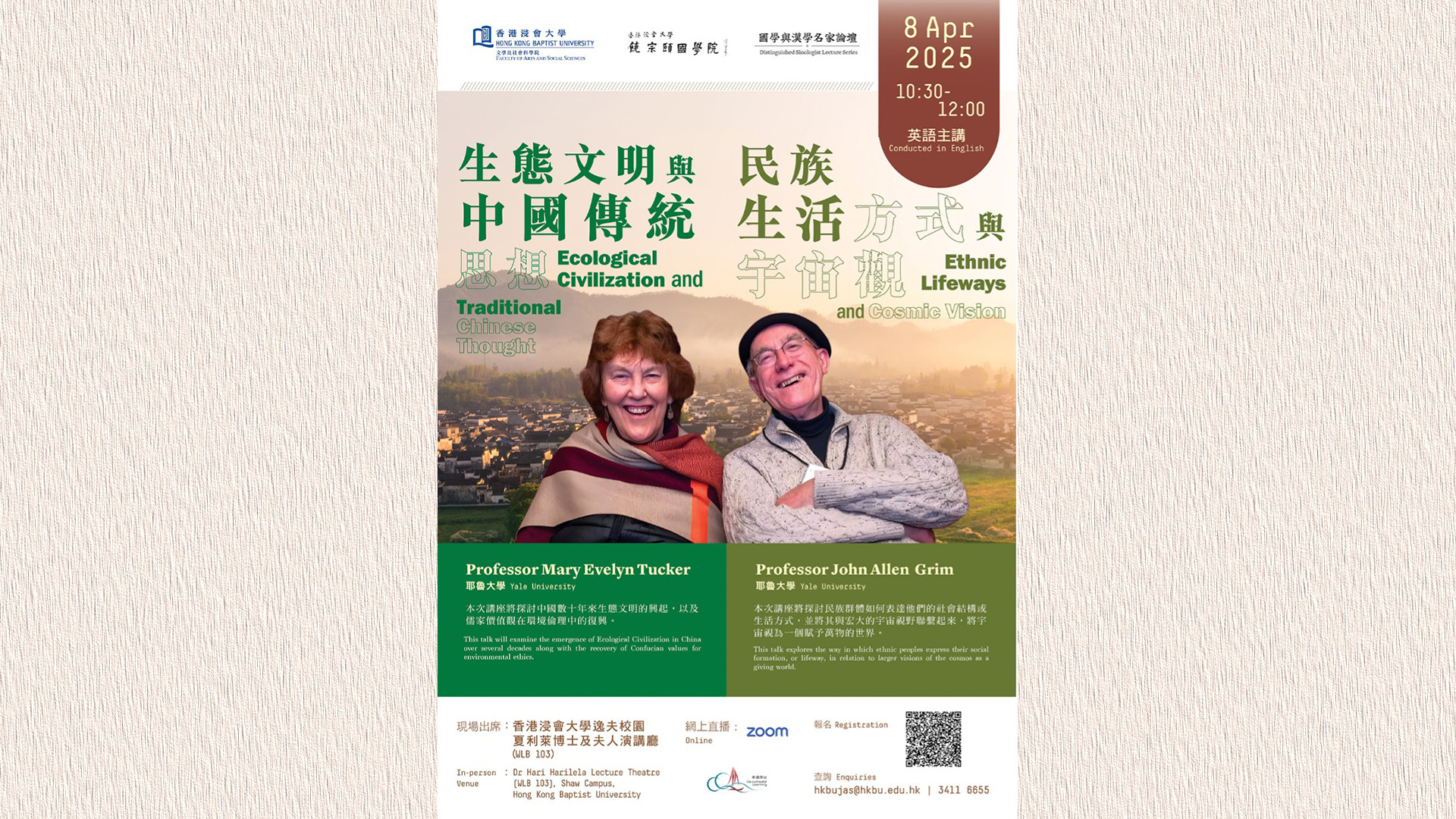
Ethnic Lifeways and Cosmic Vision
2025 | 67 mins
Ecological Civilization and Traditional Chinese Thought
2025 | 29 mins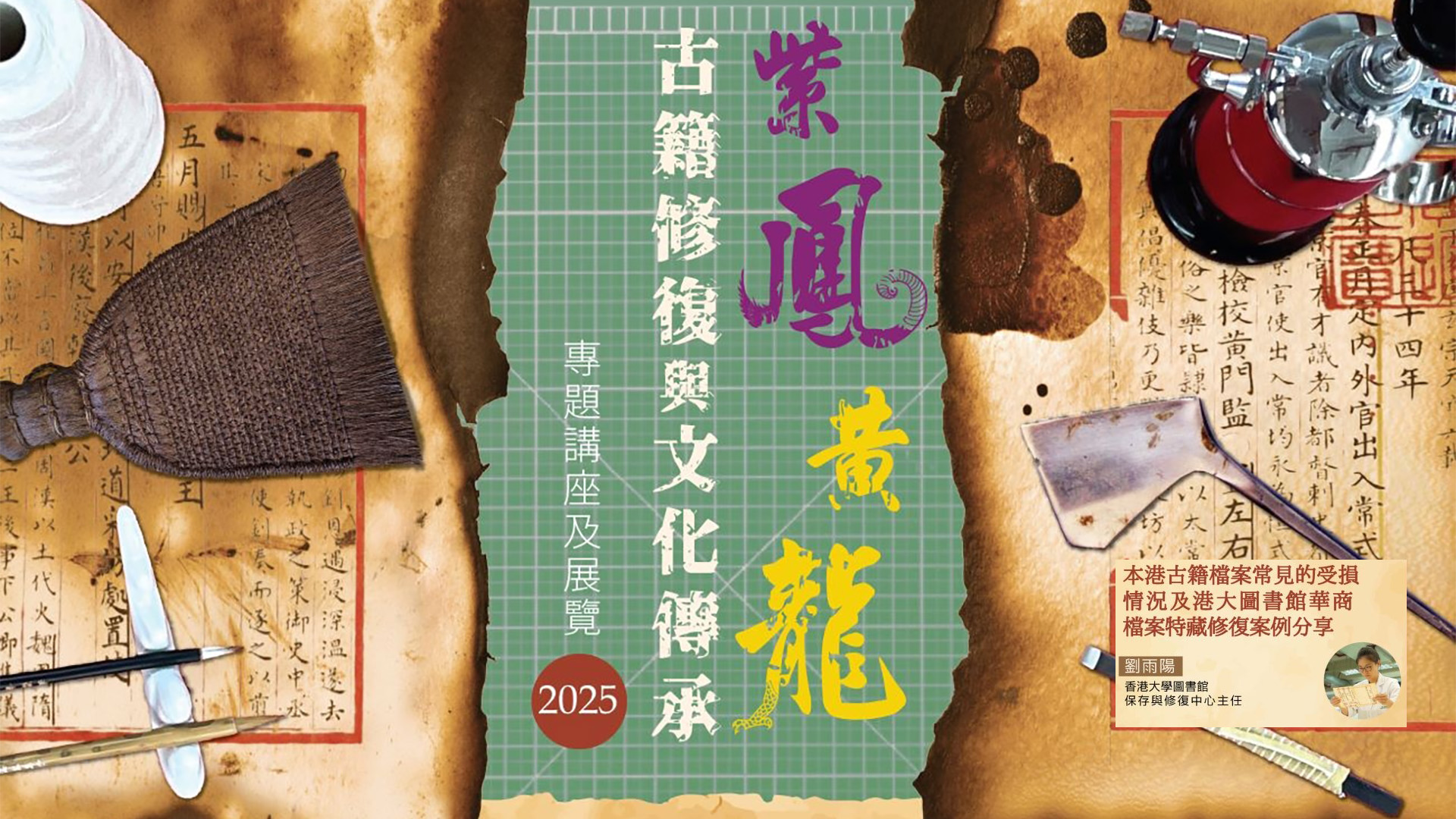
本港古籍檔案常見的受損情況及港大圖書館華商檔案特藏修復案例分享
2025 | 53 mins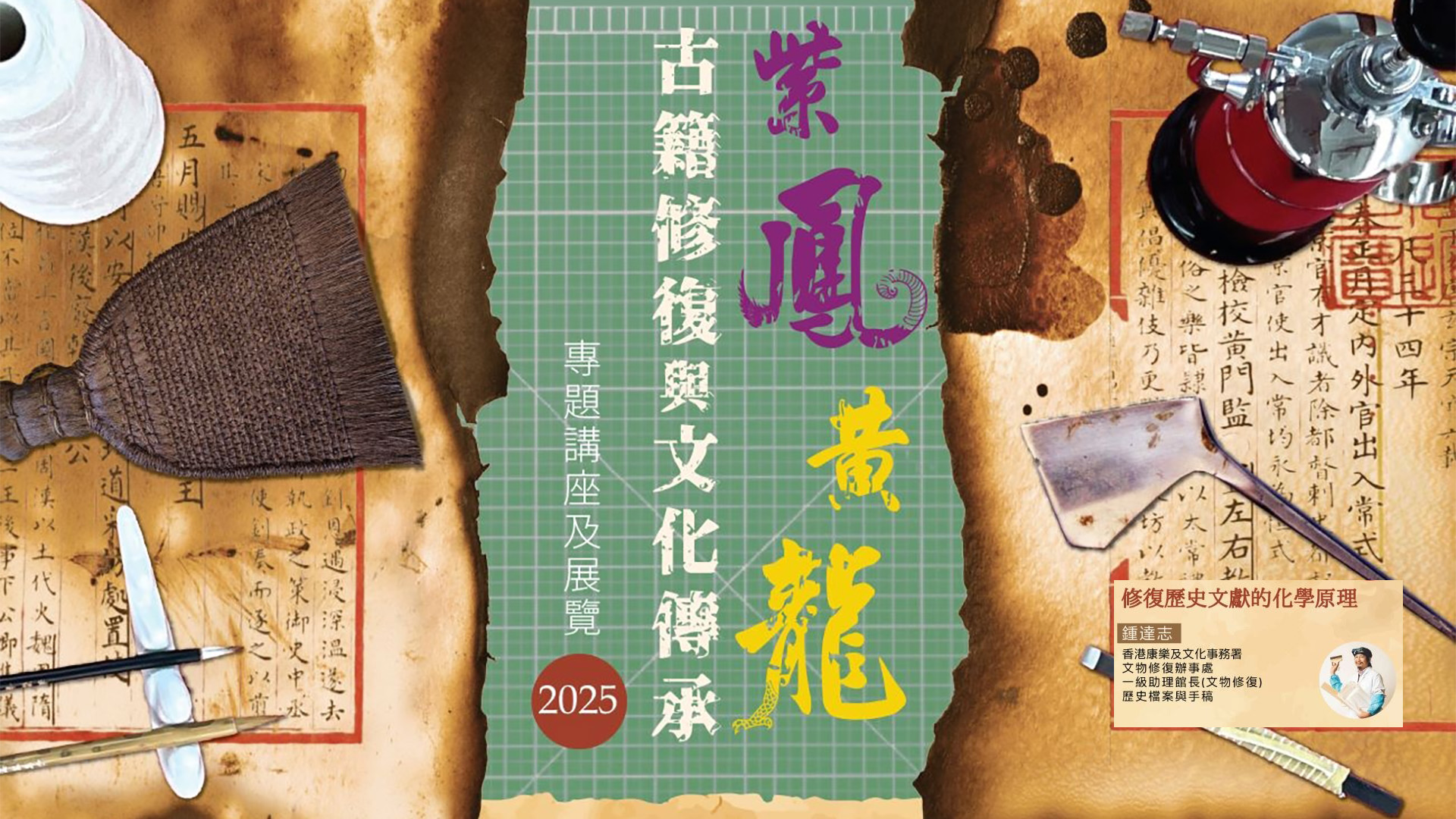
修復歷史文獻的化學原理
2025 | 55 mins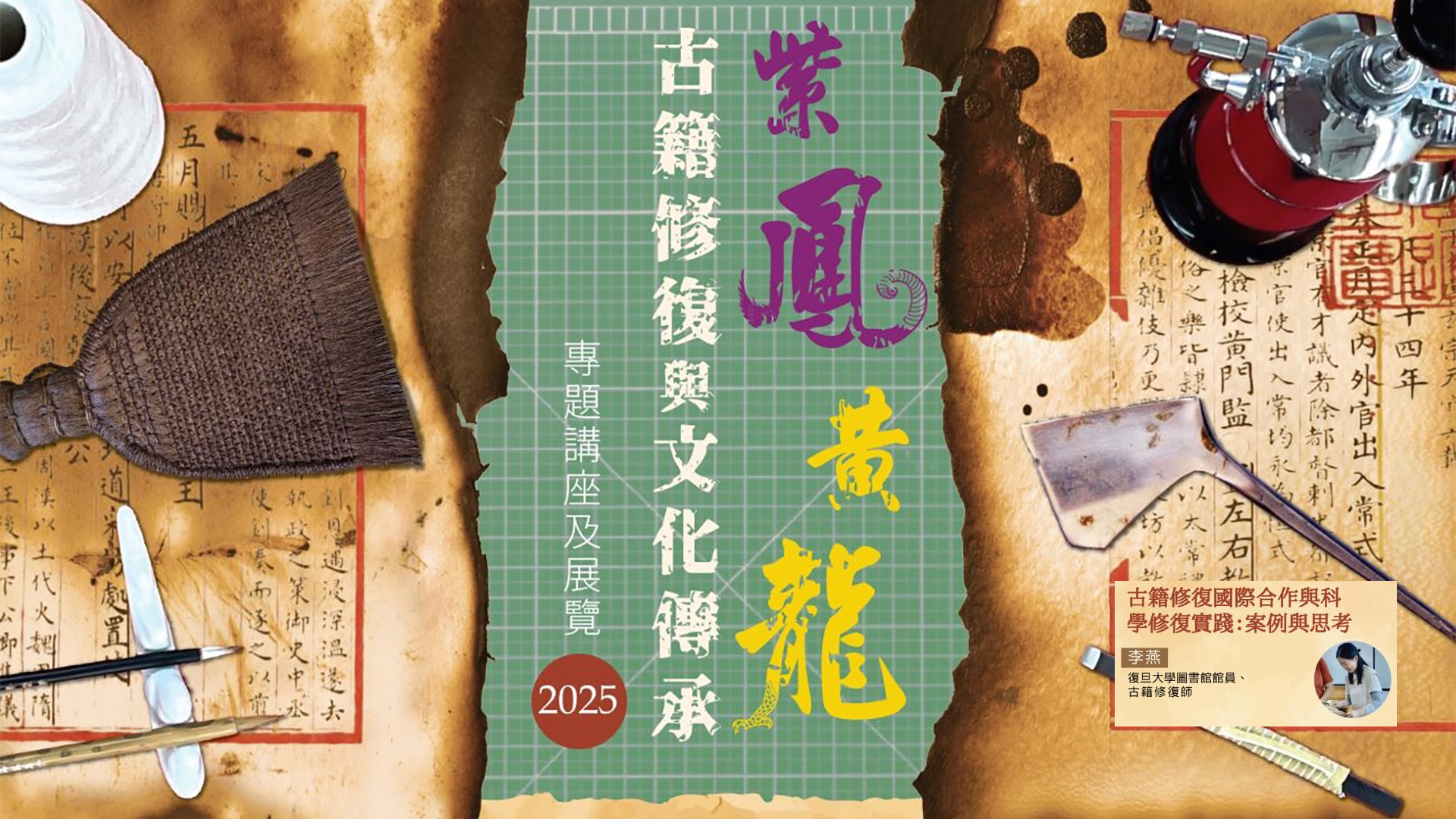
古籍修复国际合作与科学修复实践:案例与思考
2025 | 86 mins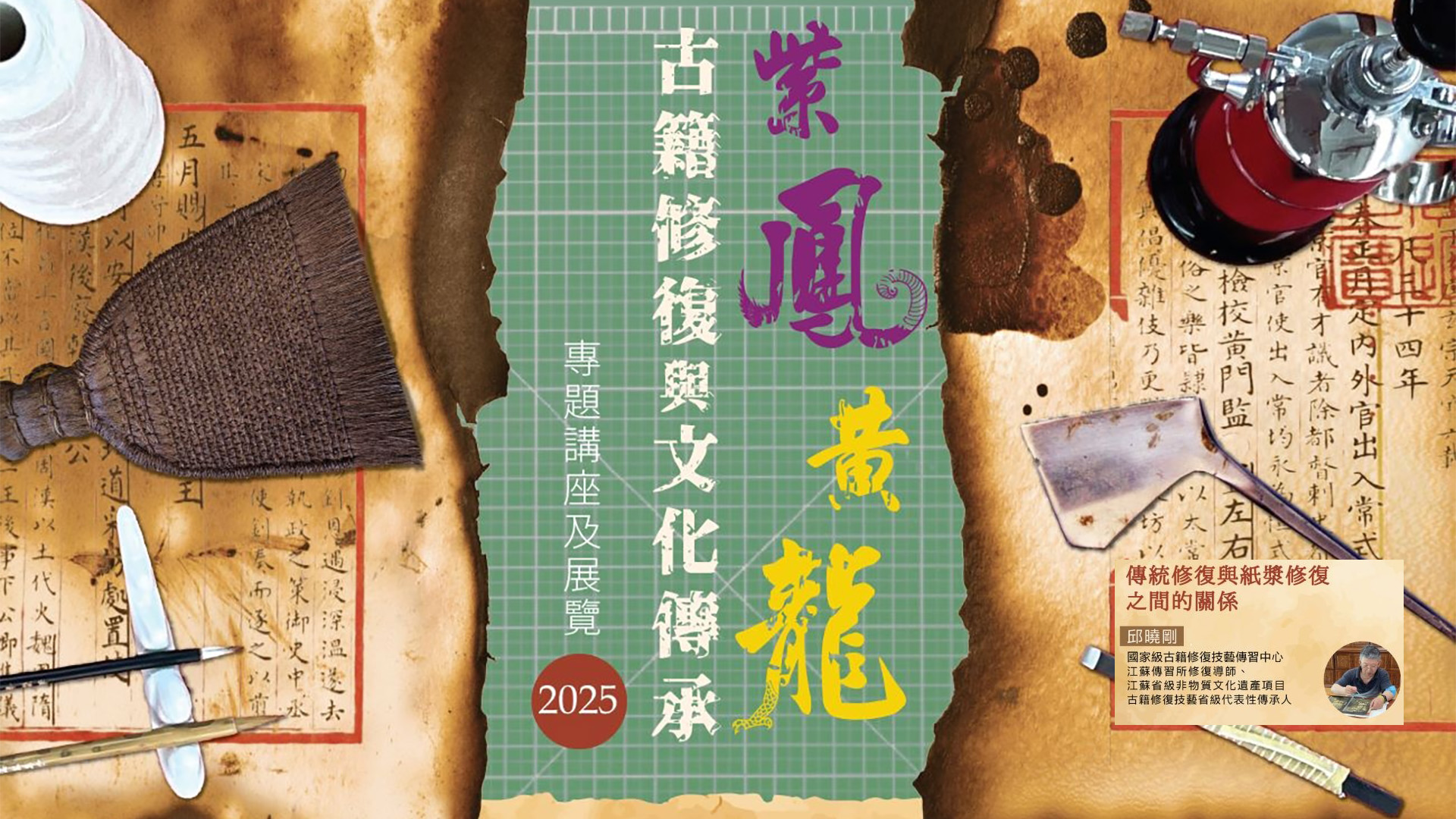
传统修复与纸浆修复之间的关系
2025 | 83 mins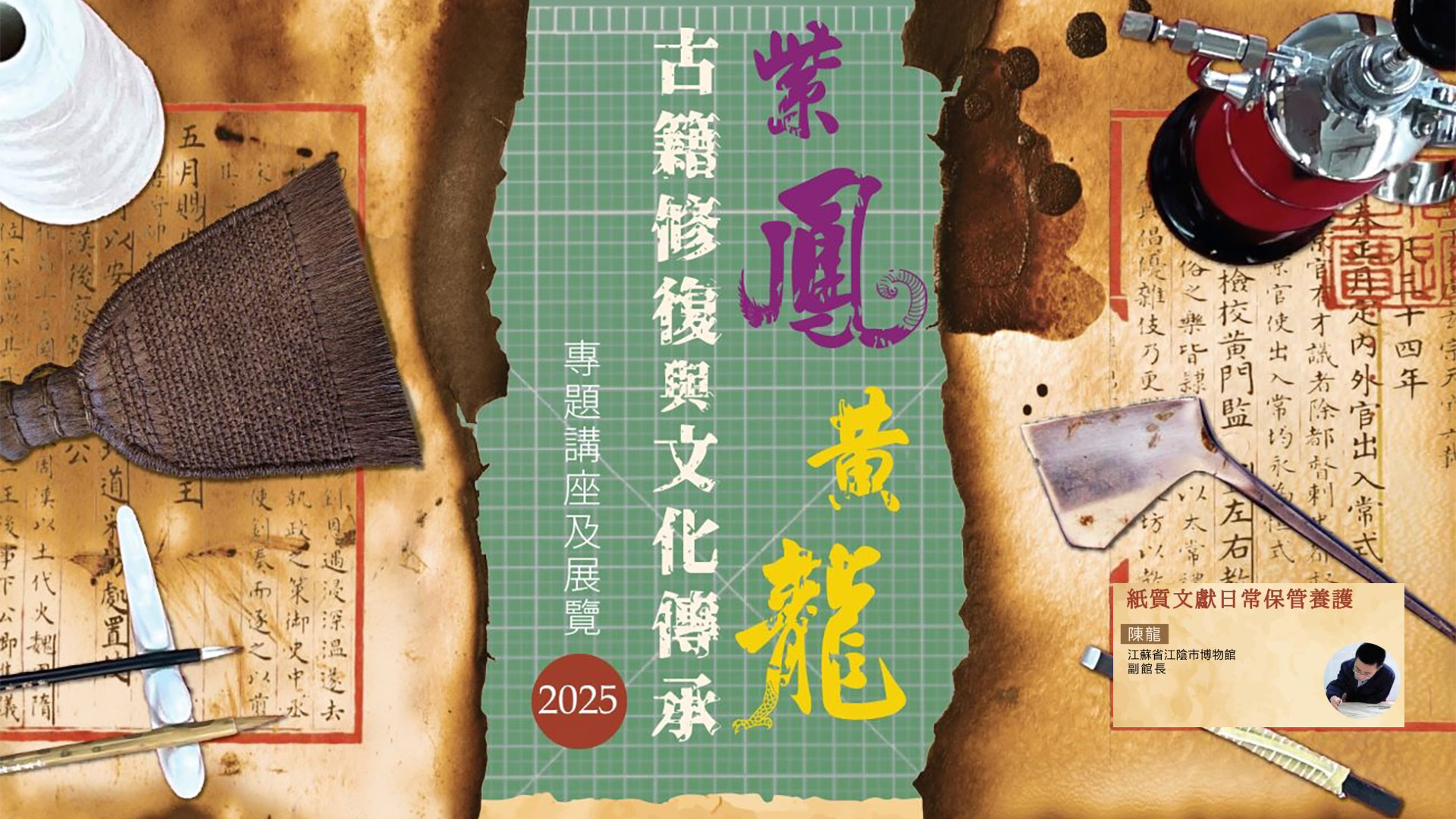
纸质文献日常保管养护
2025 | 121 mins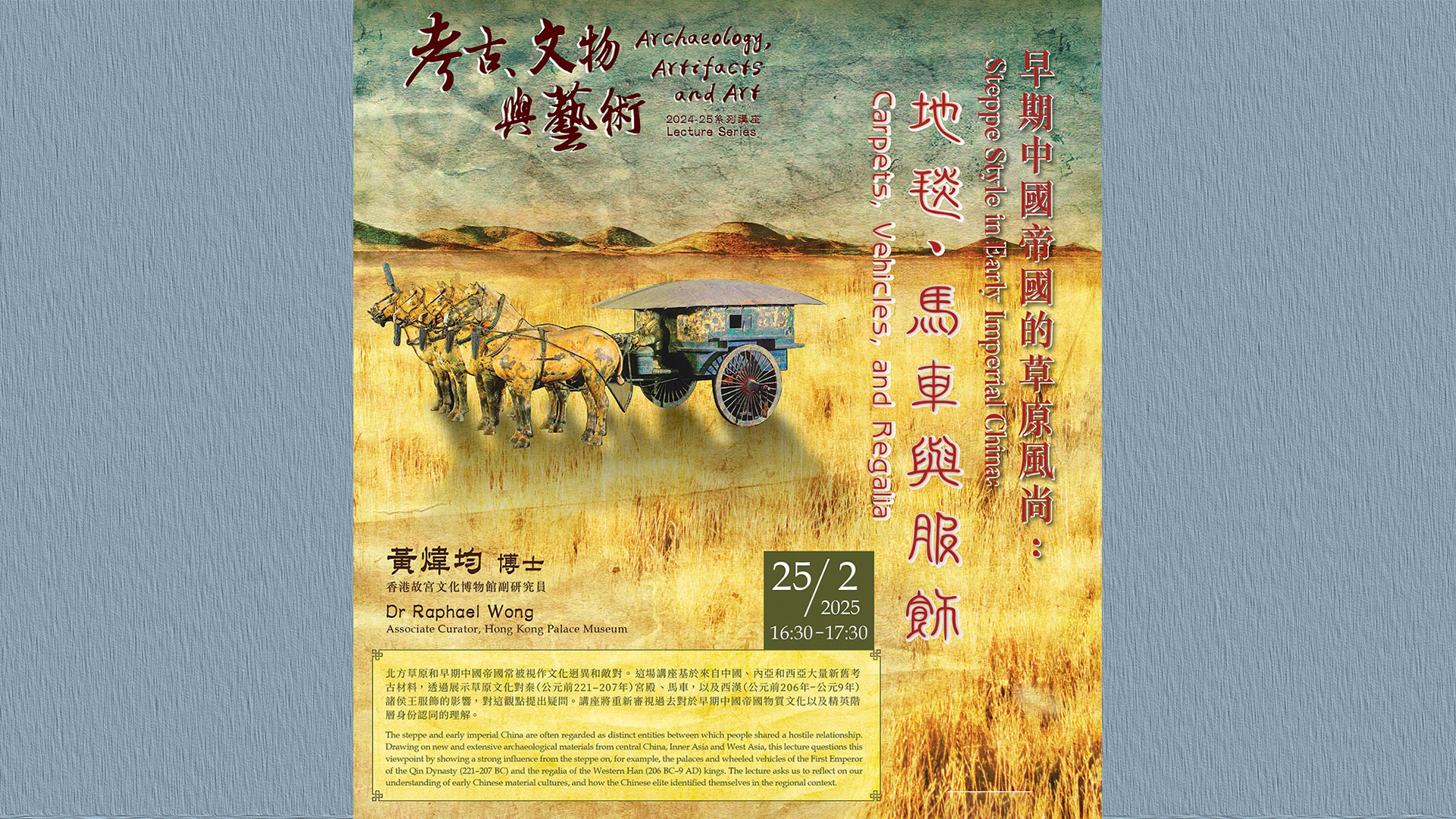
Steppe Style in Early Imperial China: Carpets, Vehicles, and Regalia
2025 | 69 mins






